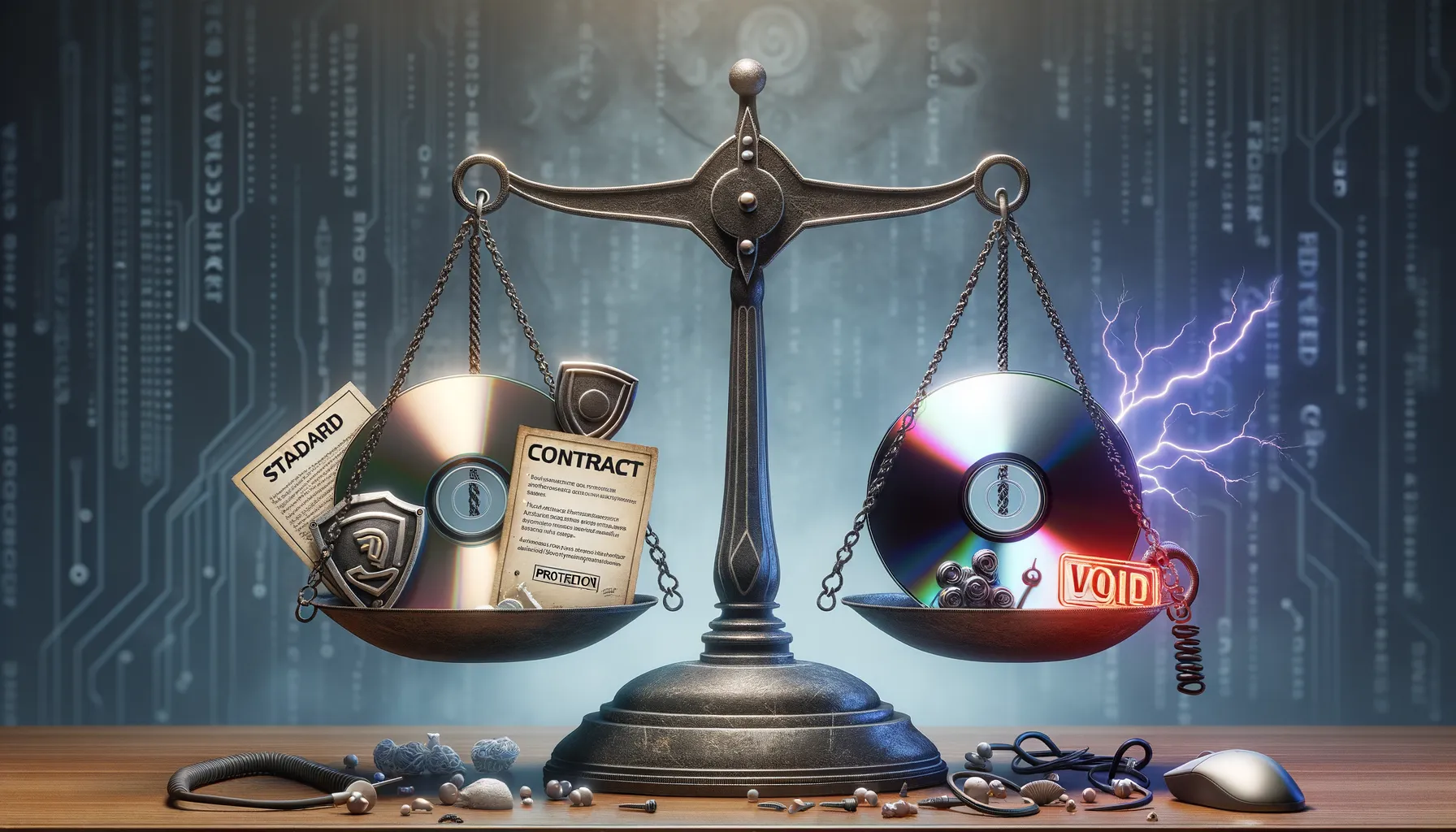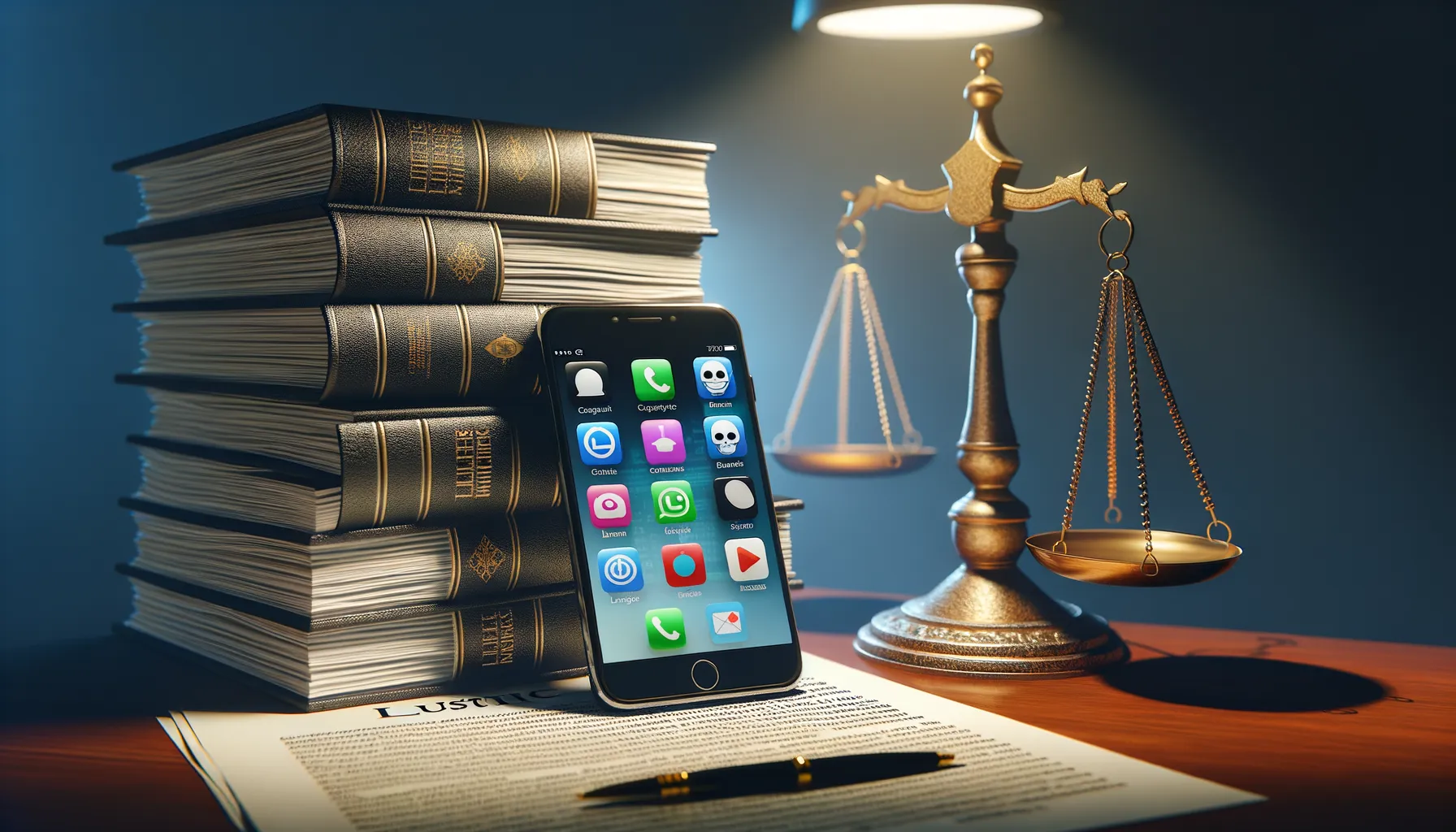What is Modded Android Software?
Peeling Back the Layers: Modded Android Software Demystified
Imagine your Android device as a cake—layered, customizable, and ready for a sprinkle of creativity. Well, Modded Android Software is like someone adding extra frosting and decorative toppings to that cake. It’s the same foundation, but with tweaks, enhancements, or added features that the original creators never intended.
In essence, “modded” means modified. Tech-savvy users or developers take an app or the Android operating system itself, crack it open, and reshape it. This could mean unlocking premium features without a price tag, bypassing ads, or even giving apps bold new functionalities. You might have heard of modified versions of popular apps like Spotify Premium Mod or customized Android ROMs like LineageOS. These mods promise a fresh spin on performance, aesthetics, and convenience—but there’s more than meets the eye.
- Some mods strip away restrictions placed by app developers.
- Others inject new design elements, bringing vibrancy to bland interfaces.
- Advanced ones might boost your phone’s speed or battery life.
Before diving into the vibrant world of mods, it’s important to understand the ethical and legal shades of this gray area—and whether those dazzling features come with hidden consequences.
Legal Risks Associated with Using Modded Software

What Are You Risking Legally?
Using modded software might feel like finding hidden treasure, but in reality, it could lead you straight into uncharted and dangerous waters. Let’s talk about the legal pitfalls that often lurk beneath the surface.
First off, many modded apps violate intellectual property laws. What does that mean for you? Well, when developers or companies create an app, they own the rights to its code, design, and features. By using a mod, you might be unknowingly stepping over that line by running a version of their software they didn’t approve.
Then, there’s the issue of terms of service (the legal document we all skim through and click “Agree”). Modded apps often go against those terms. Think of it like inviting yourself to a party without an invitation—it doesn’t just make you unwelcome; it might get you kicked out.
Here are some real-world risks to consider:
- Account Bans: Platforms like Google Play or app-specific accounts can ban users for violating rules with modified software.
- Fines or Lawsuits: Companies may pursue legal action depending on the nature of the violation.
- Involvement in Piracy: Some mods inadvertently distribute content illegally, dragging you into copyright trouble.
It’s not just playful tinkering—it’s treading on thin ice.
Copyright and Licensing Issues with Modded Apps

Why Copyright Laws Are a Big Deal
Picture this: you download a modded app that lets you access premium features without paying a dime. Sounds like a sweet deal, right? But here’s the kicker—underneath that tempting facade lies a thorny legal issue: copyright infringement. Software developers spend countless hours creating their apps, and those apps are usually protected by copyright laws. When someone modifies an app without permission, they’re essentially undoing the developer’s hard work and violating the law in the process.
At its core, the problem boils down to ownership. Who owns the rights to distribute, modify, or profit off the software? Spoiler: it’s not the person who made the mods! By tinkering with an app’s code—even for something as seemingly innocent as bypassing ads—you could be stepping into murky legal territory where hefty fines, lawsuits, or even account bans await.
Common Licensing Pitfalls to Watch Out For
Modding doesn’t just mess with copyrights—it also tangles with licensing agreements, the fine print most people skip over when installing an app. Ever noticed those long “Terms of Service” documents? Inside, there’s usually language that says:
- You can’t reverse engineer or modify the app.
- By using the app, you agree to abide by these rules.
Breaking these terms isn’t just disrespectful—it’s outright illegal. The kicker? Even downloading a modded app that someone else created could be seen as a violation, making you liable. It’s like borrowing a stolen car; you didn’t steal it yourself, but good luck explaining that to the authorities!
So next time you’re tempted to grab a modded APK, ask yourself: is saving a few bucks really worth the risk of stepping on a legal landmine?
Potential Consequences of Using Modded Android Applications

What Could Go Wrong? The Risks You’re Taking
Downloading and using modded Android apps might seem like hitting the jackpot—unlocking premium features for free, bypassing ads, or gaining access to “exclusive” tools. But here’s the bitter truth: the risks often outweigh the rewards. Let’s break it down.
- Data Theft: Many modded apps are laced with malicious code. Think about granting an app access to your personal photos, bank details, or even your microphone. Ever wonder who might be watching?
- Device Damage: A shiny new APK file could carry a virus that tanks your phone’s performance or bricks it entirely. It’s like installing a ticking time bomb on your device.
- Bans from Services: Apps like WhatsApp or PUBG don’t play nice with mods. One wrong move, and you could lose your account forever, along with everything tied to it.
The Legal and Ethical Fallout
Besides the technical risks, using these apps can lead to serious legal and ethical dilemmas. By running cracked or tweaked software, you may inadvertently be violating copyright laws. Imagine being accused of stealing—even if you thought you were only “bending the rules.” And let’s be honest, how would you feel knowing your actions hurt developers who worked tirelessly to create those apps?
It doesn’t stop there. If you’re caught, companies could pursue legal action, demand fines, or report you to authorities. It’s not just a slap on the wrist; it’s a full-on wake-up call—and not the kind you want.
How to Stay Safe and Legal When Using Third-Party Software

Protect Your Device and Your Digital Footprint
Using third-party software can feel like walking a tightrope—it’s thrilling but precarious. To stay on the safe side, think of your device as your digital home. Would you let a stranger waltz right in without vetting them? Of course not! The same applies when downloading modded apps or third-party software.
Here’s how to arm yourself:
- Verify the source: Only download software from trusted websites or app stores. Shady forums or dodgy links could hide malware that undermines your device’s security.
- Prioritize updates: Legitimate software often gets updates for security fixes. Using outdated versions of mods or third-party apps? That’s like leaving your front door wide open.
- Install antivirus software: A trusted antivirus app will act like an alert guard dog, barking at the first sign of malicious activity.
Avoid Legal Hot Water
Navigating the legal maze of modded software doesn’t have to be daunting. Always remember: ignorance isn’t a valid excuse in the eyes of the law!
– Check the app’s original terms of service. If it explicitly bans modifications (and most do), steer clear. Ignoring this could land you in hot water faster than you can say “lawsuit.”
– Supporting fair use matters. If you’re using cracked versions of paid apps, think twice—this can cause financial harm to developers who pour their time, creativity, and effort into their products. Opt for free trials or discounted offers instead.
By keeping these tips in mind, you’ll protect not just yourself but also the creators behind the tech we all love.
